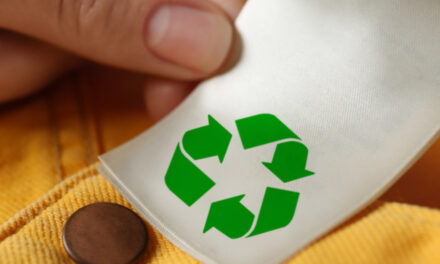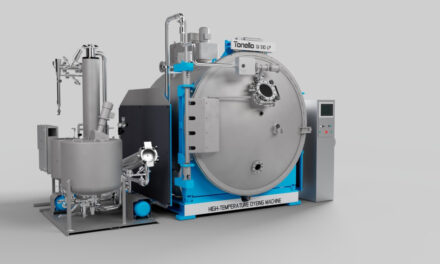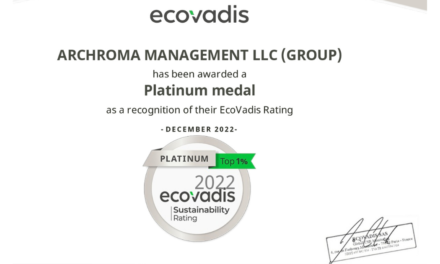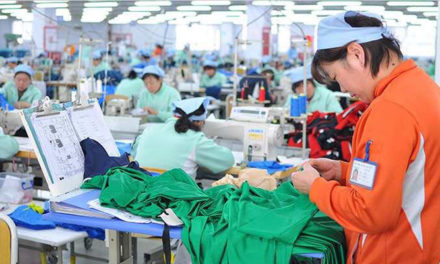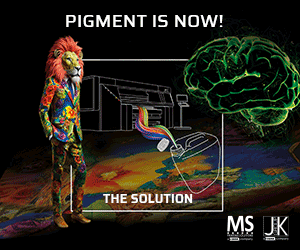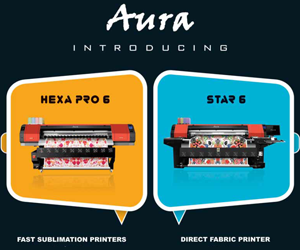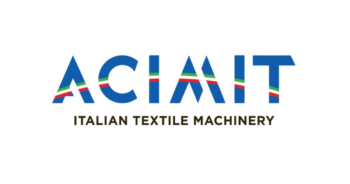 Despite bouncing back from the worst of the pandemic’s financial impacts, Italy’s textile machinery sector must look to digitalization and sustainability to prosper in the future, according to the industry’s trade association. Speaking at its recent annual assembly, ACIMIT President Alessandro Zucchi, told delegates that despite the positive signs, told attendees that various factors at play make for an uncertain future.
Despite bouncing back from the worst of the pandemic’s financial impacts, Italy’s textile machinery sector must look to digitalization and sustainability to prosper in the future, according to the industry’s trade association. Speaking at its recent annual assembly, ACIMIT President Alessandro Zucchi, told delegates that despite the positive signs, told attendees that various factors at play make for an uncertain future.
Italian textile machinery production reportedly amounted to €2.3 bn ($2.31bn) last year, representing a 35 percent increase on 2020 – when COVID-19 struck – and a five percent increase on 2019.
“2022 remains a year replete with unknown factors, starting with the Russian-Ukrainian conflict, along with the persistence of the pandemic, which seriously risk delaying expected growth consolidation for businesses in the sector,”
Zucchi said. “Difficulties in finding raw materials and components negatively affect the completion and fulfillment of orders processed as far back as 2021. To boot, rising energy costs and inflationary trends affecting numerous commodities are depressing overall business confidence. So, the outlook for the sector is not so good.”
Keen to inspire stakeholders, however, Zucchi alluded to digitalization and sustainability as the two key words for future growth. The adoption of intuitive, digital solutions is widely believed to have revolutionised production processes, streamlining factory floor operations whilst establishing greater connectivity. As such, ACIMIT’s Digital Ready project has endeavoured to support its members, certifying companies that adopt a common set of data to facilitate the integration of various systems, including ERP and CRM.
On the topic of sustainability – which has been thrust into the spotlight amidst a push from brands and consumers to buy and sell apparel with a lesser environmental impact – ACIMIT highlighted the work of its Sustainable Technologies project, launched back in 2011. At the heart of the project is the Green Label, a form of certification specifically for Italian textile machinery, which highlights its energy and environmental performance. It’s deemed an all-Italian seal of approval, which was developed in collaboration with RINA, an international certification body.
 Despite bouncing back from the worst of the pandemic’s financial impacts, Italy’s textile machinery sector must look to digitalization and sustainability to prosper in the future, according to the industry’s trade association. Speaking at its recent annual assembly, ACIMIT President Alessandro Zucchi, told delegates that despite the positive signs, told attendees that various factors at play make for an uncertain future.
Despite bouncing back from the worst of the pandemic’s financial impacts, Italy’s textile machinery sector must look to digitalization and sustainability to prosper in the future, according to the industry’s trade association. Speaking at its recent annual assembly, ACIMIT President Alessandro Zucchi, told delegates that despite the positive signs, told attendees that various factors at play make for an uncertain future.

